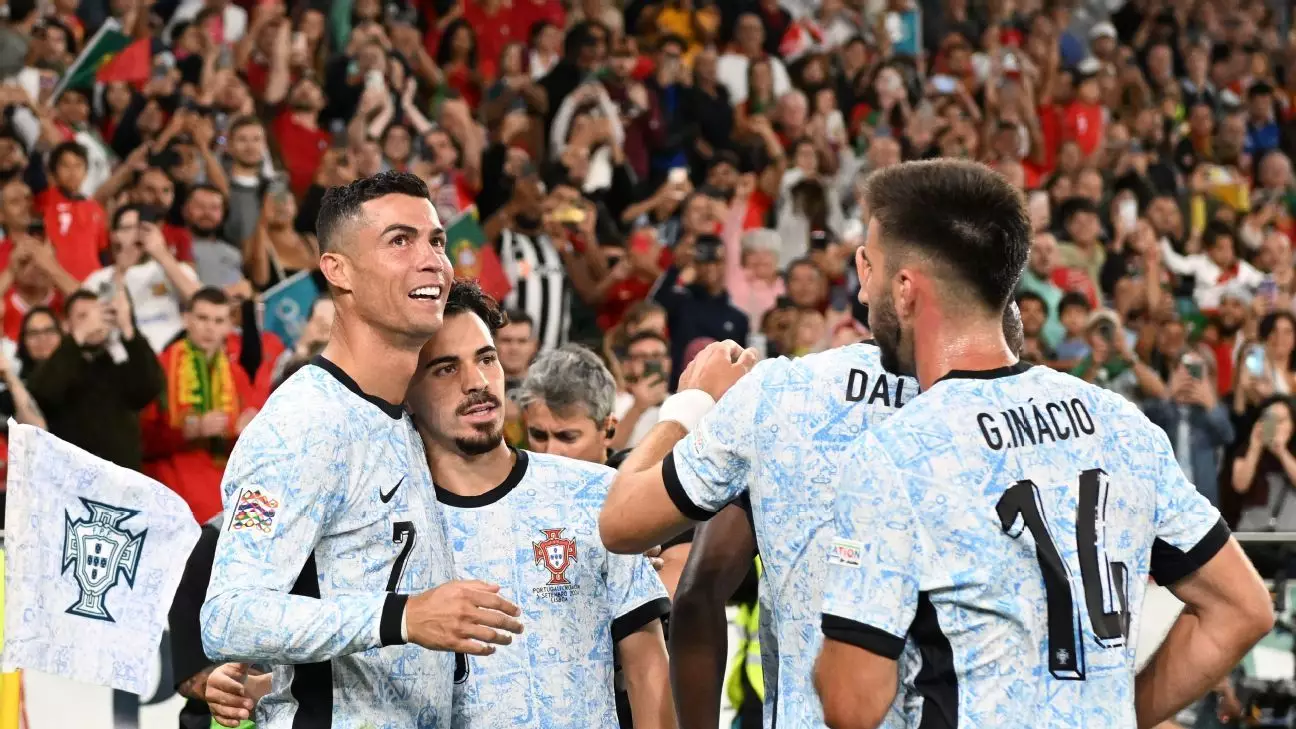International friendly matches in soccer often serve as a way for national teams to fine-tune their tactics and test out new players. However, Luis Miguel Echegaray brings up an interesting point in his article when he questions the significance of these matches in the larger context of preparing for major tournaments like the World Cup. While on the surface, friendlies may not hold much footballing importance, Echegaray argues that they can provide valuable insights into a team’s readiness to compete at the highest level.
Echegaray highlights the recent struggles of the US men’s national team (USMNT), particularly their early exit from the Copa América tournament. With the hiring of Mauricio Pochettino as the potential new manager, there is hope for a fresh start and a chance to build a strong foundation for future success. The article suggests that Pochettino’s experience and leadership could be the missing piece that the USMNT needs to reach their full potential on the international stage.
The article also touches upon the transition period that Argentina is currently going through, particularly with the absence of Lionel Messi from the national team. Despite Messi’s absence, Argentina has shown promise under manager Lionel Scaloni, demonstrating a blend of defensive solidity and offensive creativity. The focus on team play and collective effort is highlighted as key factors in Argentina’s recent success, pointing towards a bright future even without Messi in the lineup.
On the other hand, the article paints a concerning picture of Brazil’s current situation in World Cup qualifiers. The Brazilian national team, historically one of the strongest in the world, is facing a period of uncertainty due to a lack of talent and depth in the squad. The struggles of star player Vinícius Júnior and the absence of Neymar further compound Brazil’s challenges, raising questions about their ability to qualify for the upcoming World Cup.
Lastly, the article delves into the individual achievements of Cristiano Ronaldo and his impact on the Portuguese national team. While Ronaldo’s pursuit of personal goals is commendable, there are concerns raised about his potential influence on Portugal’s collective success in major competitions. The article suggests that Ronaldo’s focus on personal milestones could detract from Portugal’s overall progress and their chances of winning future tournaments.
Echegaray’s article offers a critical analysis of the current state of international soccer, highlighting the strengths and weaknesses of various national teams and the impact of key players and managers. By questioning the significance of friendly matches, examining the potential of young talent, and evaluating the role of star players like Messi and Ronaldo, the article paints a nuanced picture of the challenges and opportunities facing the global soccer community. As fans, pundits, and players alike continue to debate the future of the sport, it is clear that the world of international soccer is as dynamic and unpredictable as ever.

Leave a Reply